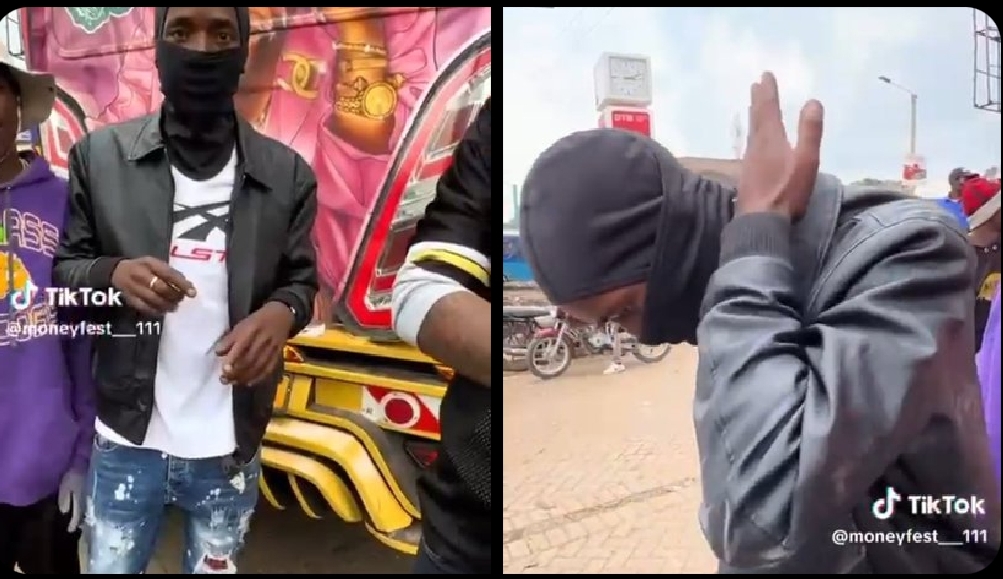In recent days, the Money Fest bus has been at the center of a growing controversy.
The bus, owned by the son of President George Ruto, has come under fire from matatu operators who claim it routinely flouts road rules.
In a bold show of defiance, the driver and conductor of the Money Fest bus have openly dared authorities to take action against them.
This challenge comes amidst mounting criticism, especially after a video surfaced showing the bus reversing dangerously on a busy roundabout.
The situation has escalated as it became known that the Money Fest bus is not registered with any matatu sacco, a mandatory requirement for public service vehicles.
Furthermore, it has emerged that the bus has not undergone the necessary safety inspections.
These revelations have sparked outrage among other matatu operators, who argue that they are being unfairly targeted and held to standards that the Money Fest bus appears to ignore with impunity.
Public sentiment is sharply divided. Some view the actions of the Money Fest bus crew as a blatant display of privilege and disregard for the law, while others see it as a daring challenge to the status quo.
Critics argue that the lack of enforcement against the bus is a clear example of how connections to powerful figures can lead to preferential treatment, undermining the rule of law.
The controversy has also drawn attention to broader issues within the public transportation sector, highlighting the need for stricter enforcement of regulations and more equitable treatment of all operators.
As the debate continues, many are watching closely to see how the authorities will respond to this bold challenge from the Money Fest bus crew, and what it might mean for the future of public transportation in the region.


